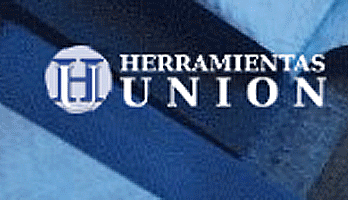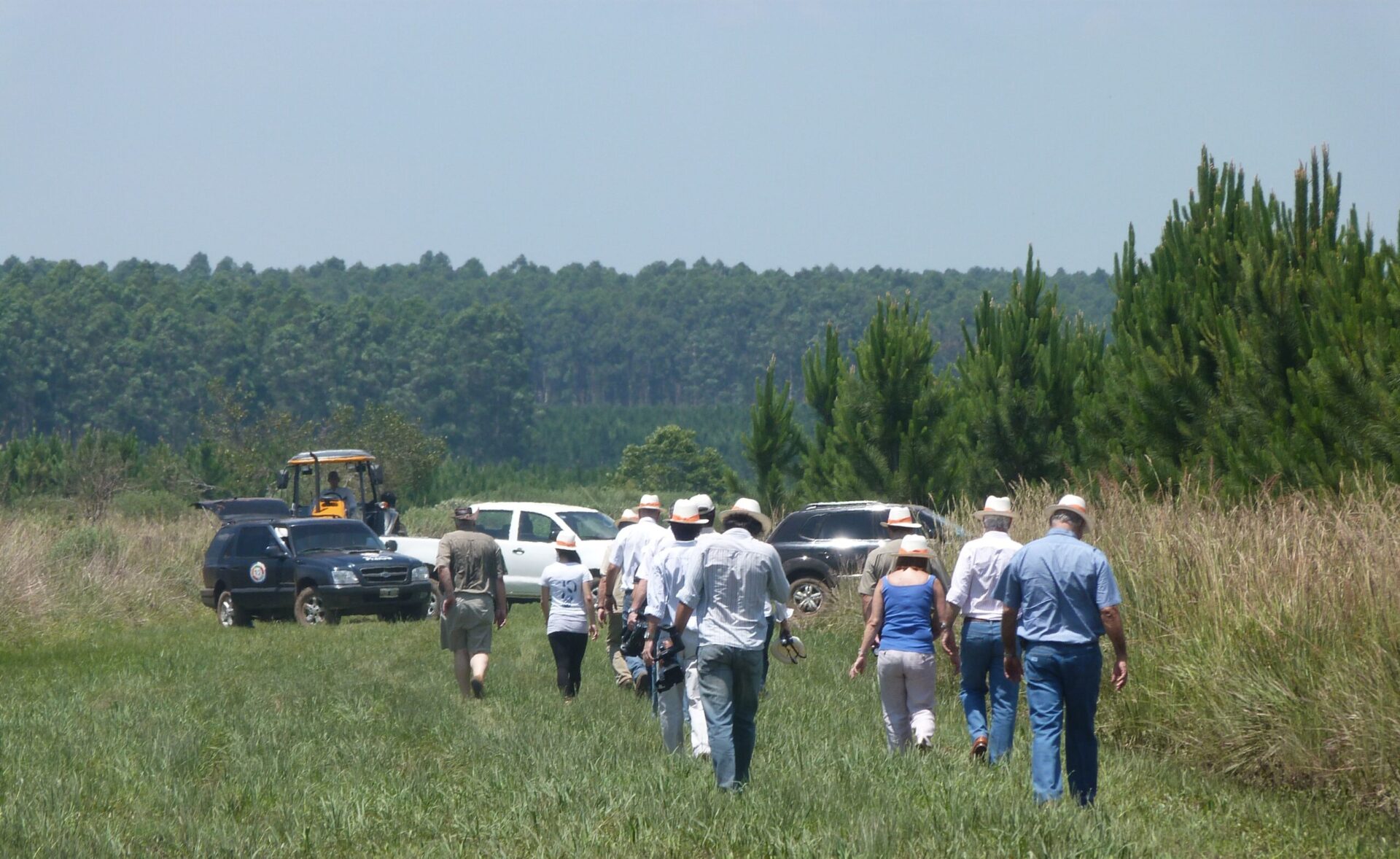
Talks on Carbon Market in Argentina
What is missing in the current context, experiences and opportunities for the agroforestry sector
On Monday, July 24, from 6:00 p.m. to 8:00 p.m., in the Ceibo B Room of the 2023 Livestock Expo, the National Forest Carbon Table will give a talk on the Carbon Markets in Argentina. The first block of the meeting will have Juan Pedro Cano, coordinator of the National Forest Carbon Board as the main speaker, who will speak on "Carbon markets at the international and national level: context and opportunities", followed by experts who will share "What It is already happening: The experience and projection in Argentina”.
Speakers of the stature of Sebastián Fragni from GMF Latinoamericana, José Otarán, from UNITAN, Tomás Arata from GBM / Nideport and Jan Heinrich from Ecosecurities will participate in a panel on experiences and projection, closing the day with a talk by the lawyer specializing in environmental law and climate change Manuel Frávega, partner of the Beccar Varela Law Firm, who will provide a description of the “Legal and institutional framework in Argentina”.
In this sense, the Board recently presented its main contribution document to various government authorities and other private actors.
Currently, globally there are more than 11,800 emissions capture and reduction projects certified and registered under international standards. This volume is growing rapidly as the demand for them increases. In fact, the value of the global voluntary carbon markets nearly quadrupled in 2021 to USD 2 billion.
In this context, Argentina today has a unique opportunity to position itself in the world through the development of carbon markets. In this talk, an in-depth analysis to find out what is missing for the country to become a key and strategic global player.
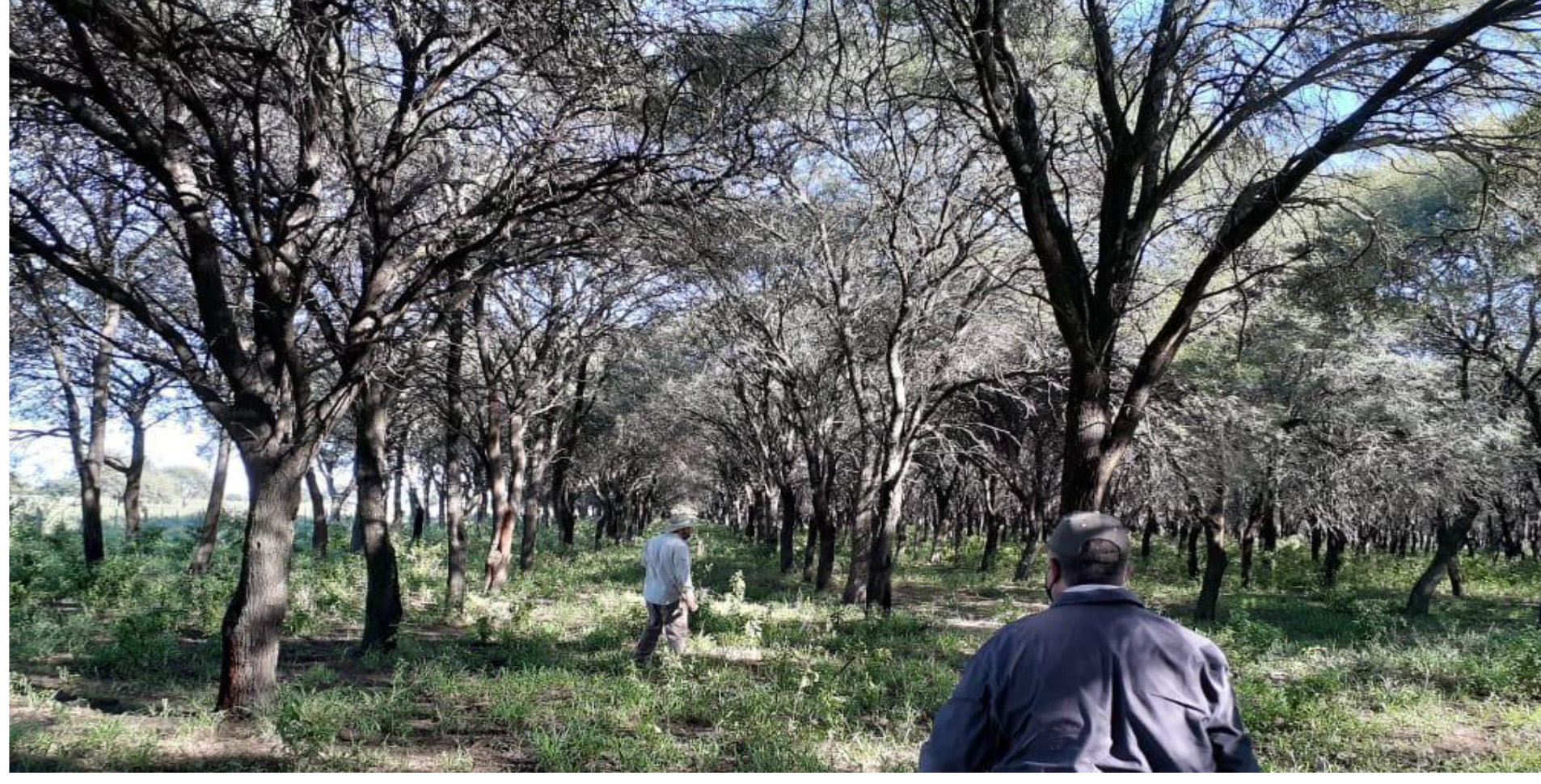

IT MAY INTEREST YOU
 Missions | New illegal felling in the Piņalito Provincial Park in San Pedro reveals the silent expansion of deforestation in protected areas
Missions | New illegal felling in the Piņalito Provincial Park in San Pedro reveals the silent expansion of deforestation in protected areas
The advance of deforestation on protected areas was once again evident this week in the Piņalito Sur Provincial Park, in San Pedro, where the Ministry of Ecology and Renewable Natural Resources confirmed a new case of selective illegal logging. The event occurs in a context of growing concern about the fragility of the environmental control system in rural and border areas, where the scarcity of resources, personnel and logistics limits the capacity of surveillance against criminal organizations organized to steal native woods and market them on the black market in connivance with sawmill owners.
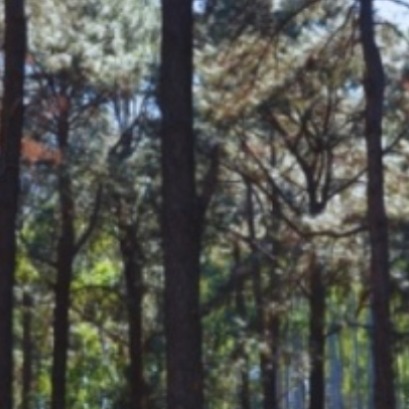 They promote research in pine resins from the NEA
They promote research in pine resins from the NEA
The forestry industry is one of the most important sectors in the economies of Misiones and Corrientes. Thousands of hectares of pine supply the paper, pulp, boards and sawmill industry. Pinus elliottii, one of the species established in the region, in addition to providing wood, is used to produce resin, a non-wood forest product with high demand in the chemical, pharmaceutical and cosmetic industries. In 2\024, resin extraction of approximately 52,6\0\0 tons was achieved from approximately 18,\0\0\0,\0\0\0 trees in production, generating income and jobs with high expansion potential.
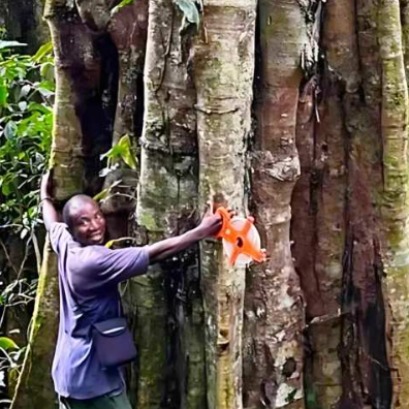 Botanists discover giant trees up to 3,��� years old in Tanzania, unknown until now by science
Botanists discover giant trees up to 3,��� years old in Tanzania, unknown until now by science
Scientists have identified a new species of giant tree, Tessmannia princeps, in the Udzungwa Mountains. This species had never before been recorded by science.


